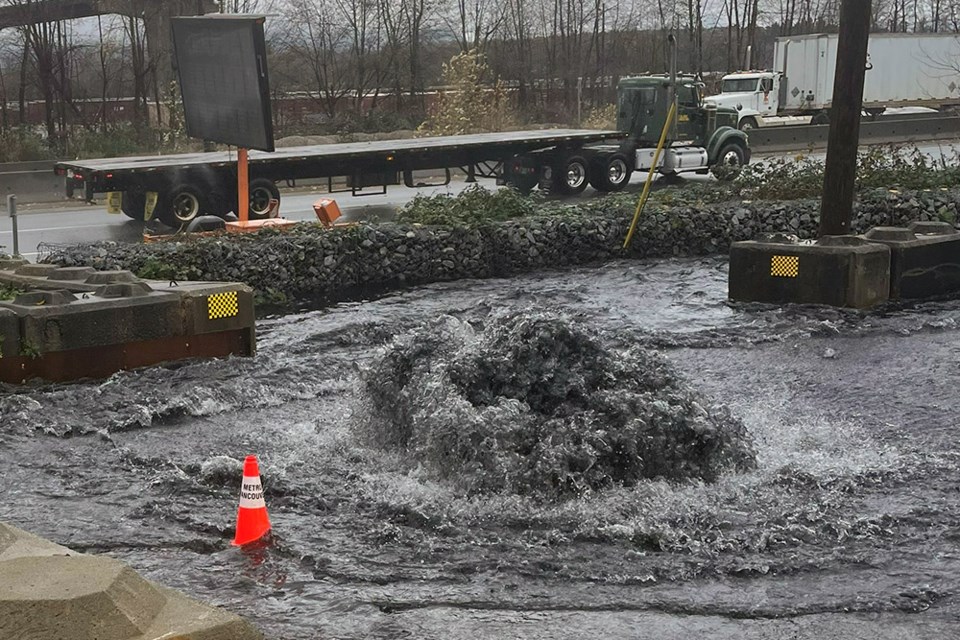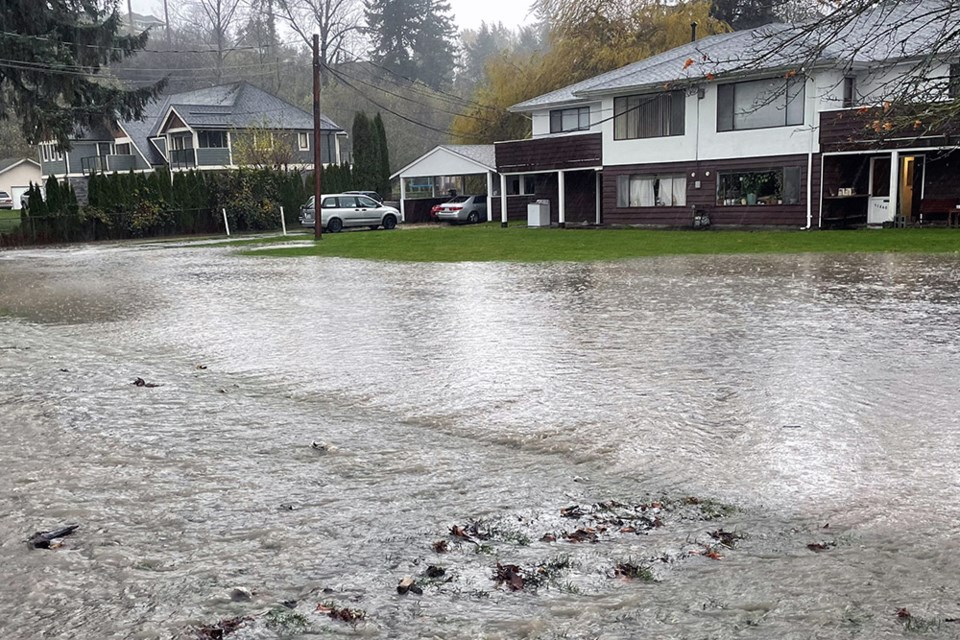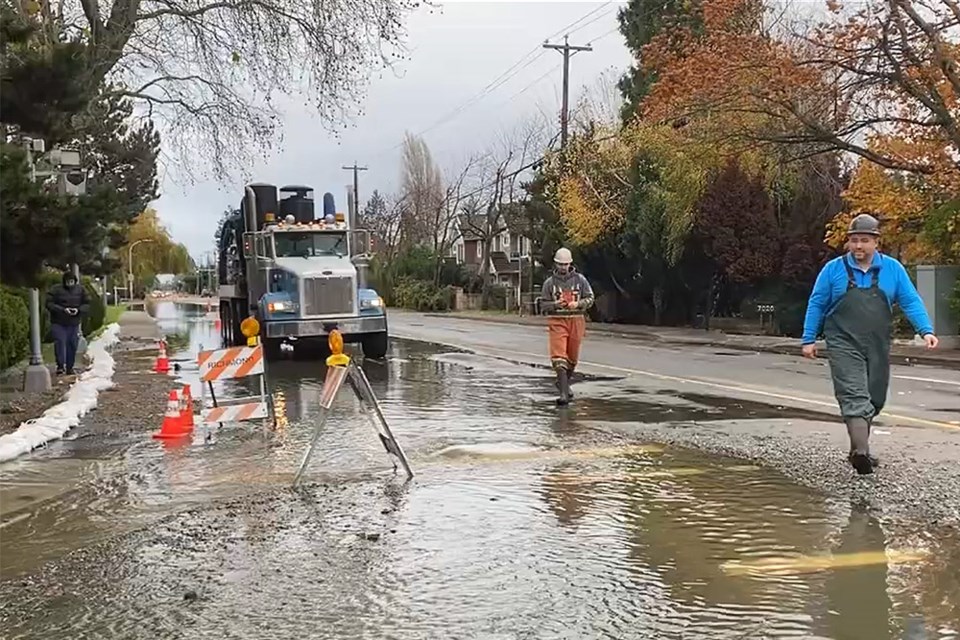With the rainy season quickly approaching, Metro Vancouver is drawing attention to the growing issue of excess rainwater and groundwater entering the sanitary sewer system.
Referred to as "inflow and infiltration," this unwanted water can result in sewer backflows affecting residences, commercial establishments, and the natural surroundings.
“The key issue is that when it rains, we get unwanted rainwater entering the sewer system, and that takes up the capacity meant for wastewater,” Utility Planning Program Manager Abin Antony says.
The primary purpose of these sewers is to convey domestic sewage, but when excess rainwater and groundwater enter, they overwhelm the system. This can not only lead to public health and environmental concerns due to overflows but also becomes a financial strain as rainwater, in addition to sewage, is treated.
If leaky systems are not fixed, this can lead to expensive infrastructure upgrades.
“Ultimately, if we don’t manage the problem at the source, we’ll have to do costly infrastructure upgrades. We are trying to deal with the problem now,” Antony says.
“We looked at costs, and it is much cheaper to eliminate the problem at the source rather than building larger infrastructure to carry and treat that extra flow.”

Extra water in sewers from damaged pipes, leaky joints, or wrongly connected drains can overload the system, leading to overflows in homes and businesses. While some of these issues stem from municipal sewers, over half arise from pipes on private properties. Private sewers comprise about 50% of the region’s more than 15,000 km of sewers.
The challenge intensifies with climate change bringing more atmospheric rivers.
Everyone can play a role in preventing sewer backups and flooding.
Residential and business property owners should inspect their pipes with a camera every 10 years and fix or replace damaged ones. Ensure roof and foundation drains are correctly connected. If not, consult a professional for rerouting.
In older neighbourhoods, be cautious. Avoid planting water-seeking plants over sewer lines, as their roots will seek out moisture and potentially damage pipes.
“There are also green infrastructure solutions people can install on their private properties, such as rain gardens to collect and slowly release excess water,” Antony says.
For its part, Metro Vancouver, in collaboration with municipalities, is addressing unwanted water in the sewer system by pinpointing high-risk neighbourhoods and seeking solutions, enhancing infrastructure, and performing regular maintenance to minimize sewer overflows. They're also looking at incentives for private property repairs and integrating inflow and infiltration reduction strategies into regional wastewater plans.

“Something else Metro Vancouver has done recently is to introduce a wet weather pricing policy that impacts the sewer levy that members pay,” Antony says.
Municipalities send their wastewater into Metro's larger sewer pipes, which take it to treatment plants. This new policy financially incentivizes municipalities to reduce their inflow and infiltration. The less rainwater they send, the less they pay. These members can then enforce bylaws and work with residents to further manage the issue.
“A key part of what we want to do is manage the water at the source to prevent it from entering sanitary systems in the first place.”
“At the end of the day, we want members to reduce the inflow component,” Antony says.
To learn more about what you can do to help prevent unwanted water in the sewer system today, visit metrovancouver.org/services/liquid-waste/reducing-sewer-overflows-from-inflow-and-infiltration.



